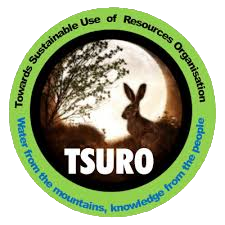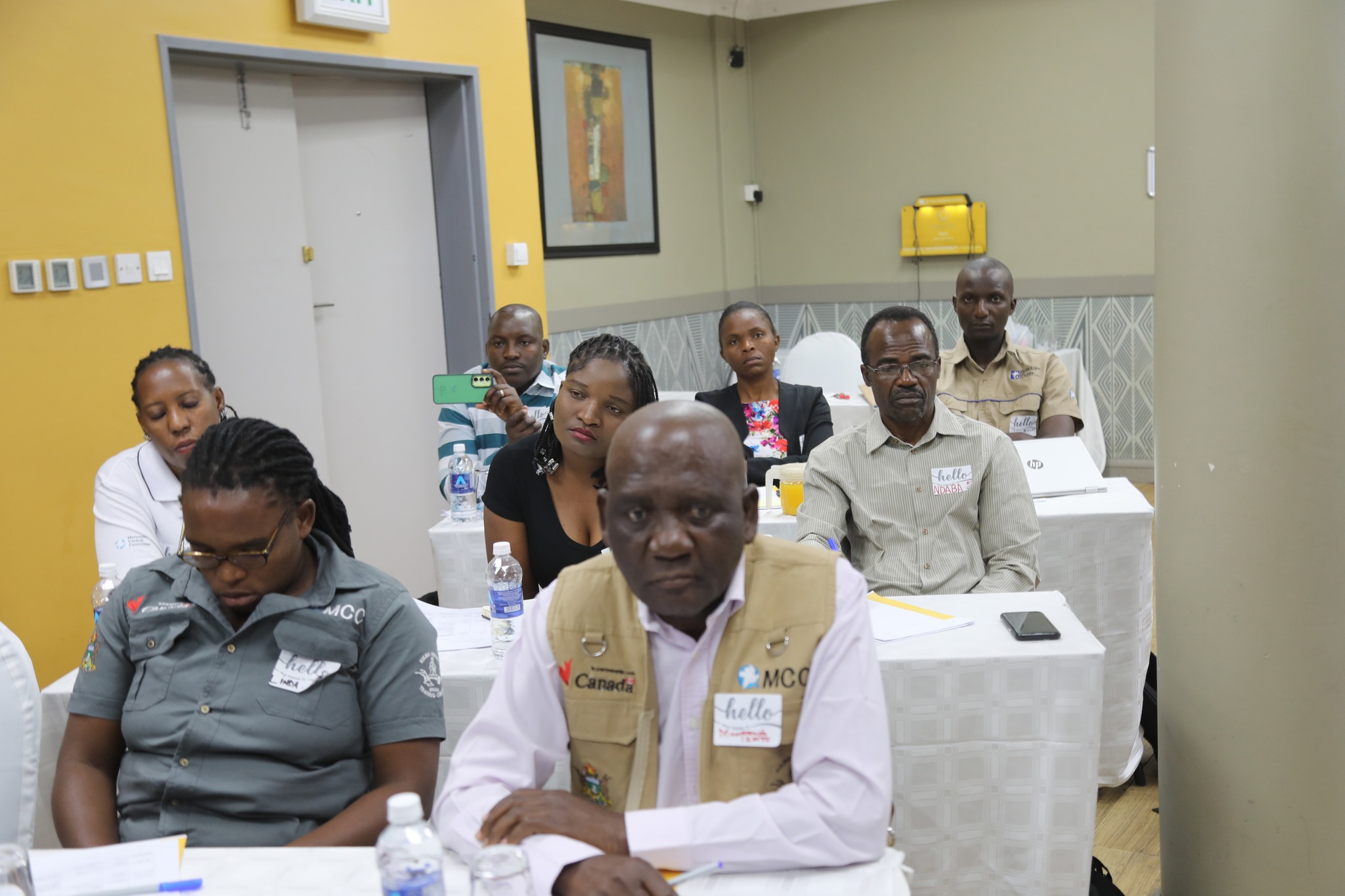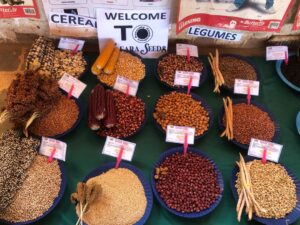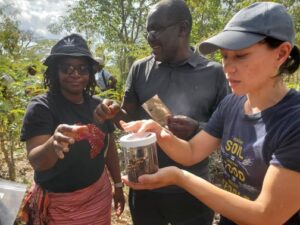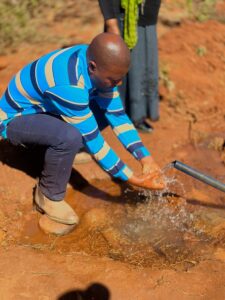𝐄𝐪𝐮𝐢𝐩𝐩𝐢𝐧𝐠 𝐏𝐚𝐫𝐭𝐧𝐞𝐫𝐬 𝐨𝐧 𝐏𝐨𝐥𝐢𝐜𝐲 𝐭𝐫𝐚𝐢𝐧𝐢𝐧𝐠 𝐩𝐫𝐨𝐜𝐞𝐬𝐬𝐞𝐬 𝐚𝐧𝐝 𝐠𝐚𝐩𝐬.
Equipping the Canadian Food Grains Bank implementing partners with the relevant policy making processes and learning from the government and other stakeholders on how to step in and address policy changes.
Such is the nature of the on- going Zimbabwe policy workshop being held at Cresta Oasis in Harare which has brought Canadian Food Grains Bank (CFGB), co-hosting with Mennonite Central Committee (MCC). In a bid to have collaborative work, CFGB partners (Towards Sustainable Use of Resources Organisation Trust, Adventist Development and Relief Agency Mozambique) and MCC partners (Score Against Poverty, Brethren in Christ Compassion Development Services, Kulima Mbobumi Training Centre) came to learn together how to strengthen policy work during the implementation of the Nature Positive Food Systems and the Locally Lead Indigenous Nature Based Solutions for Climate Change Adaptation in Zimbabwe projects.
The participants were taken through the policy making processes, with a view to sharpen their skills and policy gaps in order to improve the operational efficiency and effectiveness on the different interventions.
Participants were exposed to policy and advocacy, had a deep appreciation of national policy processes, policy priorities from respective government departments, on- going policies, existing policy gaps and opportunities related to land degradation, pollution, biodiversity nature loss, innovation, etc. Participants were challenged to identify policy gaps and compliment the effort of the government, for example repackaging the policies into vernacular language.
